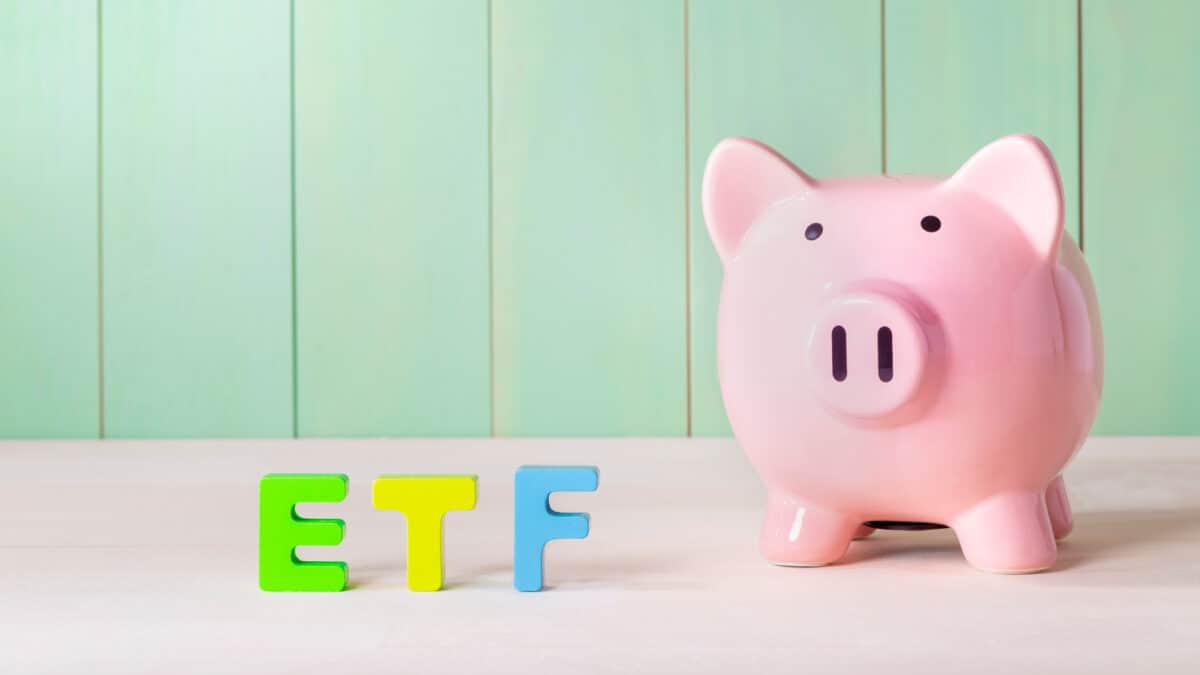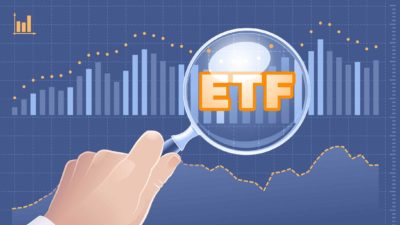The Vanguard Australian Shares Index ETF (ASX: VAS) has seen a strong performance over the past year, with a rise of close to 10% for the VAS ETF unit price, as shown on the chart below, plus distributions. The outlook is uncertain for the Australian economy, which could affect the ASX share market.
The returns of an exchange-traded fund (ETF) are heavily dictated by the performance of the underlying holdings. This ETF tracks the S&P/ASX 300 Index (ASX: XKO), being 300 of the biggest businesses in the ASX.
ASX bank shares and ASX mining shares make up around half of the portfolio's overall weighting, so their performance could significantly impact the VAS ETF.
Difficult environment for iron ore miners
Iron ore is by far the most important commodity for the ASX mining sector with BHP Group Ltd (ASX: BHP) and Fortescue Ltd (ASX: FMG).
The iron ore price has fallen to US$106 per tonne – it has been higher than this for most of the last 12 months.
According to Trading Economics, there is currently seasonally weak steel demand in China, as well as growing iron ore production in the country.
Iron ore production by Chinese mining companies rose 13.4% year over year in the January to May period, while iron ore imports rose 7%. That was despite steel production falling 1.4% year over year. There has been ongoing weakness in the Chinese property sector, with weak sentiment in China's housing market, according to Trading Economics.
Trading Economics' global macro models and analysts suggest the iron ore price could trade at US$126 per tonne in 12 months. If that rise happened, it could be a boost for the VAS ETF's iron ore miners.
Challenged economy
The inflation of costs for businesses and households, as well as the high interest rates, seem to be having an effect on the economy.
When Commonwealth Bank of Australia (ASX: CBA) announced its quarterly update for the three months to 31 March 2024, CEO Matt Comyn said:
The fundamentals of the Australian economy remain sound. Unemployment remains low, supported by business and government investment and elevated terms of trade. We recognise that all households are feeling the impact of higher inflation and higher rates, however immigration is providing a structural tailwind for the economy.
Arrears at CBA, the biggest bank in Australia, are noticeably rising. At March 2023, the percentage of loans that were overdue by at least 90 days were 0.44% and this had increased to 0.61% at March 2024.
Australian inflation increased, and was stronger than expected, in May. This is likely to mean interest rates remain higher for longer and could even result in another rate hike this year.
Banking competition remains strong, which could put a lid on the net interest margin (NIM) for CBA, National Australia Bank Ltd (ASX: NAB), ANZ Group Holdings Ltd (ASX: ANZ) and Westpac Banking Corp (ASX: WBC).
The high interest rate is likely also limiting household spending for the VAS ETF's retail shares compared to COVID-19 boom times.
Foolish takeaway
The ASX share market has rallied materially in the past year. Hence, it may require exceptionally positive news for the market to have a strong rise in FY25, in my opinion.
There are headwinds for each of the main sectors. However, the share market has repeatedly demonstrated its ability to rise above a wall of worry. If businesses can keep growing profit over the longer term, then share prices can rise too. We can't know for sure what's going to happen though.
I'm still positive about the VAS ETF's long-term performance, though I'd be surprised if FY25 is as positive as FY24.









